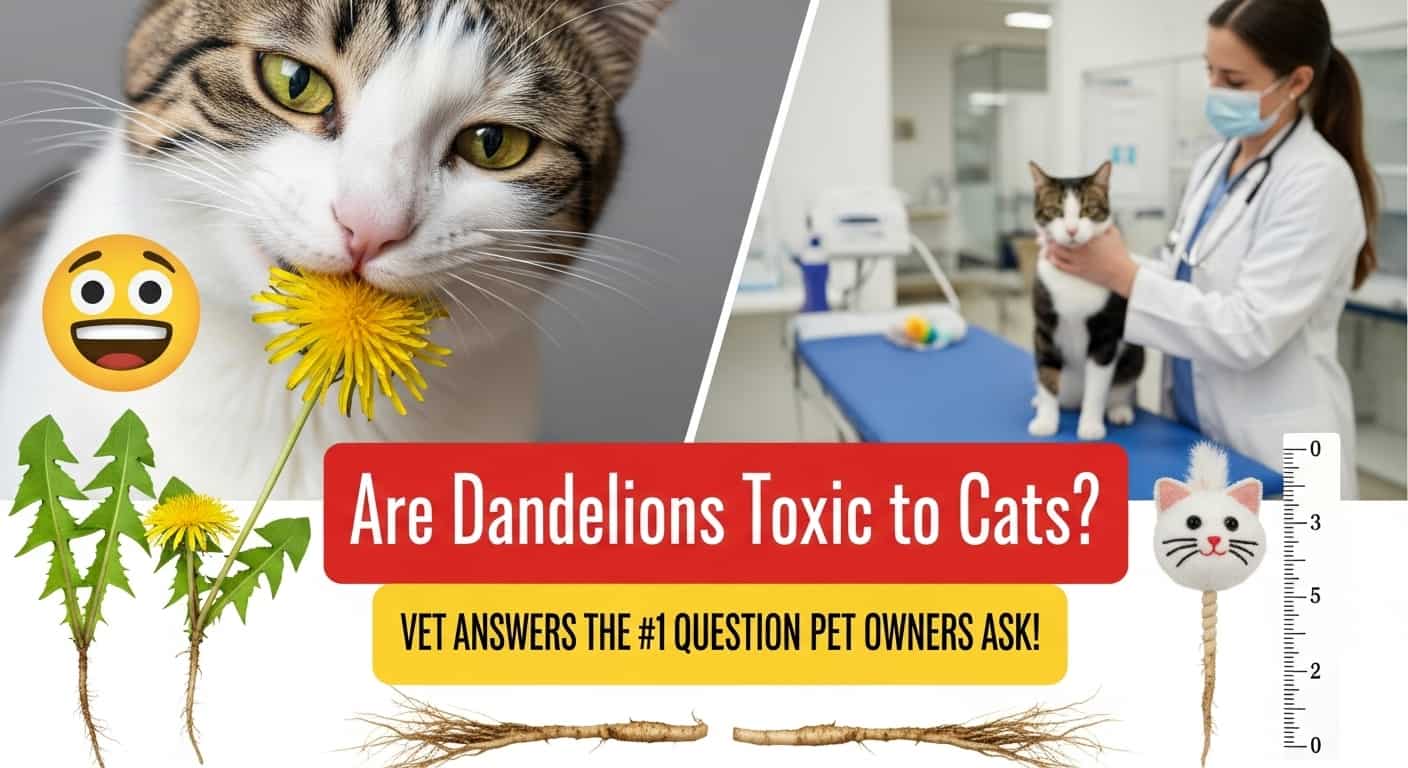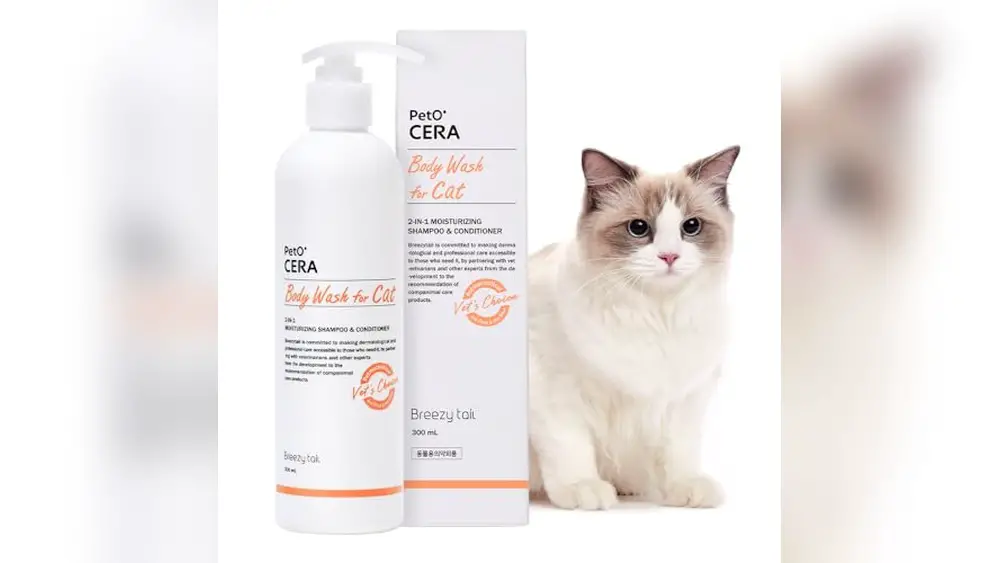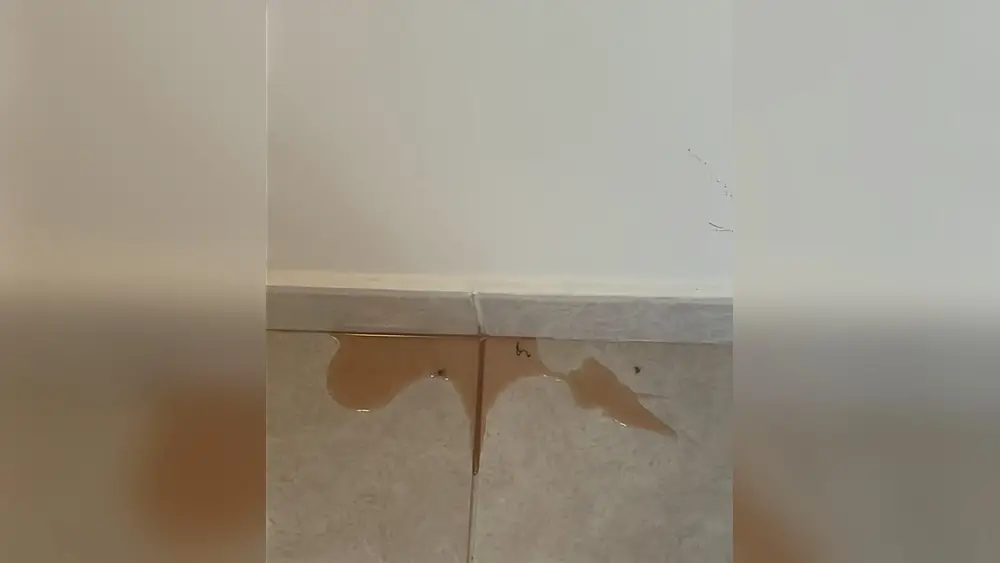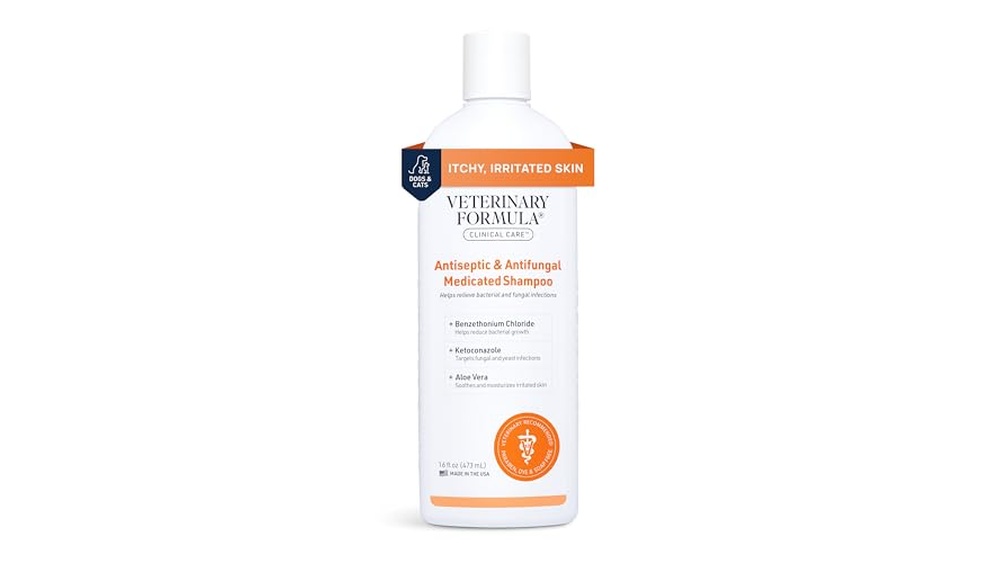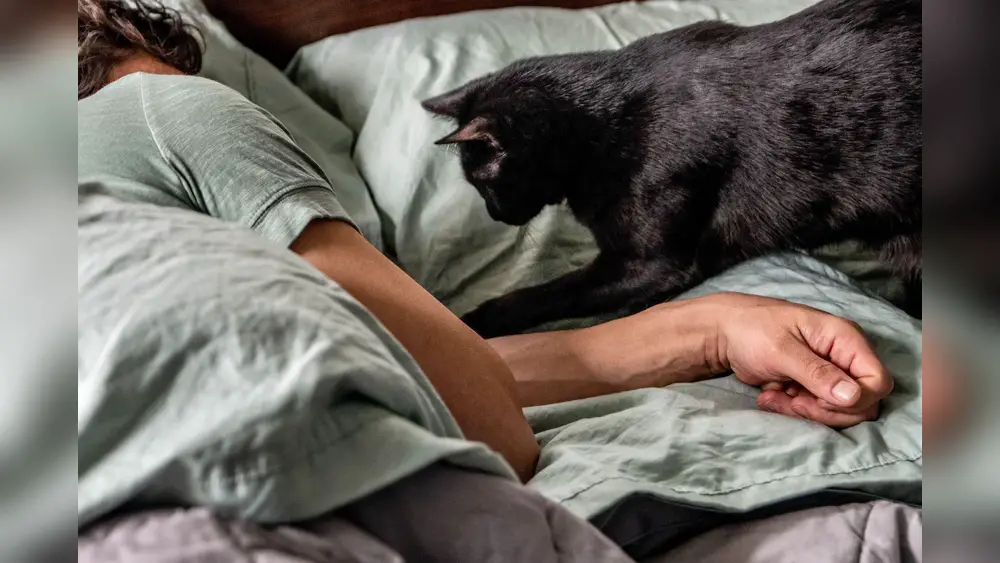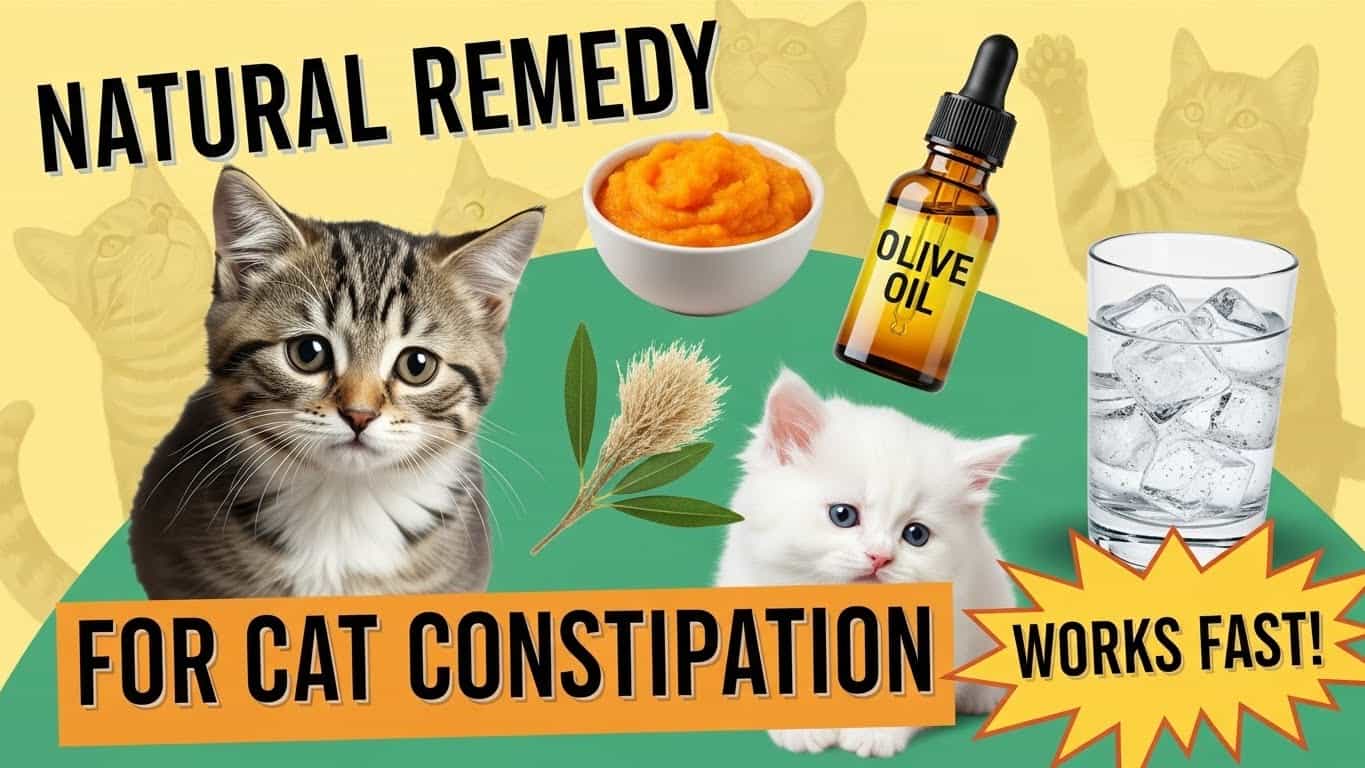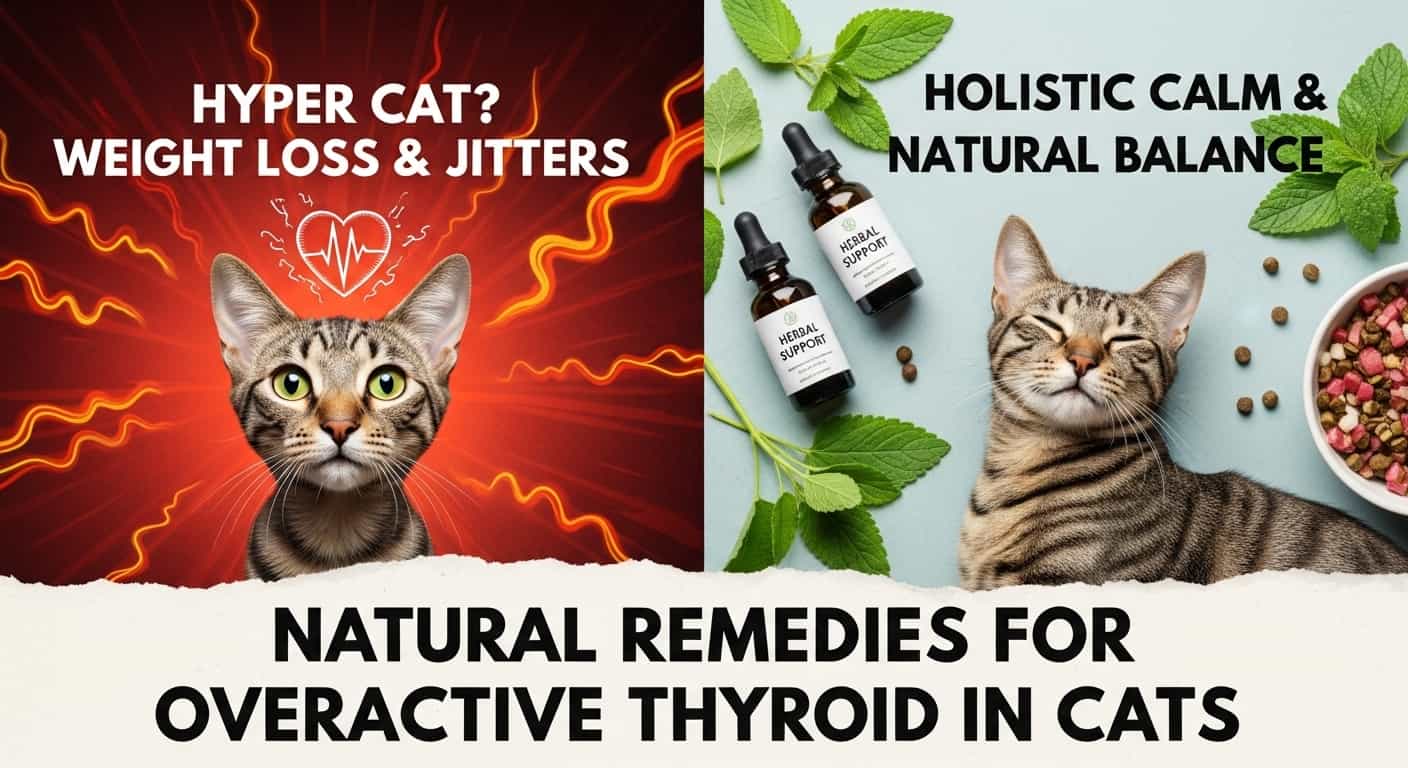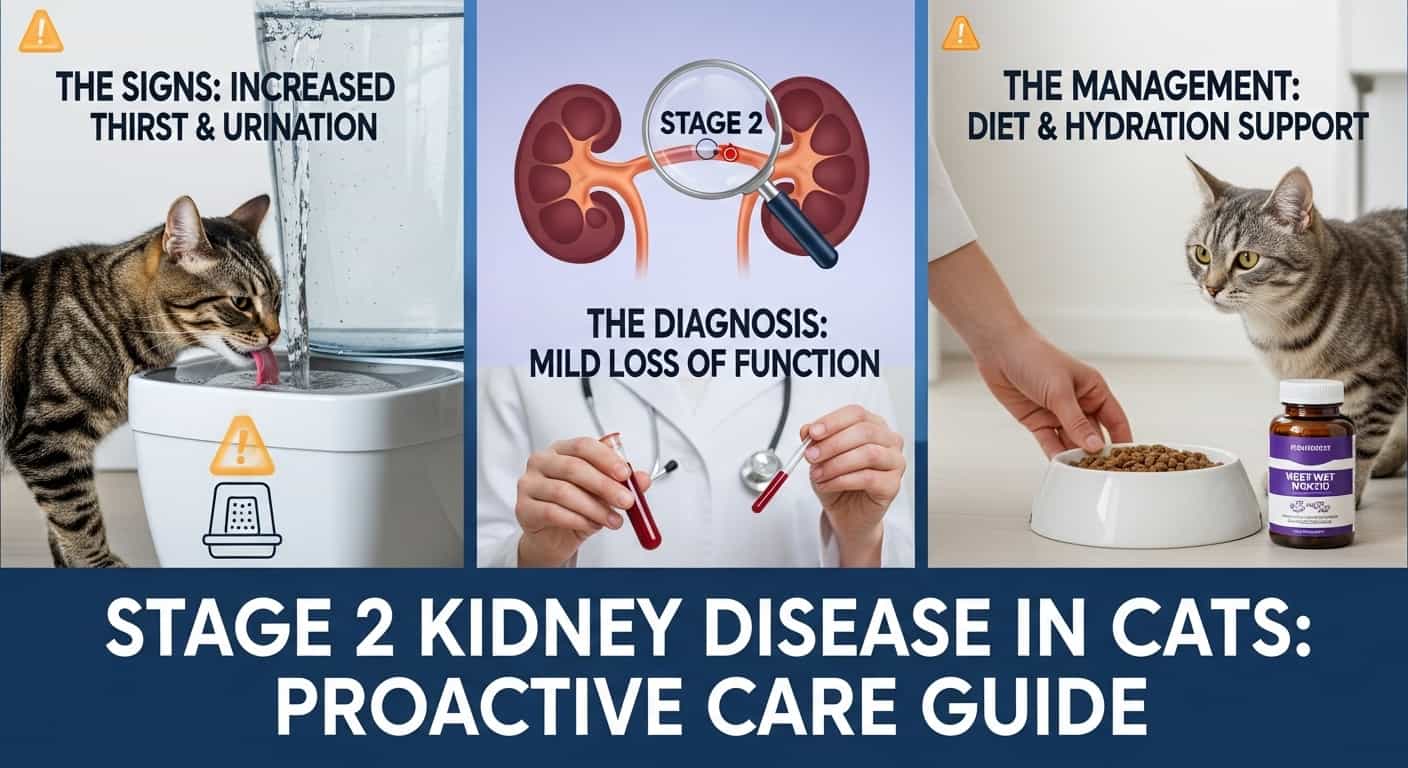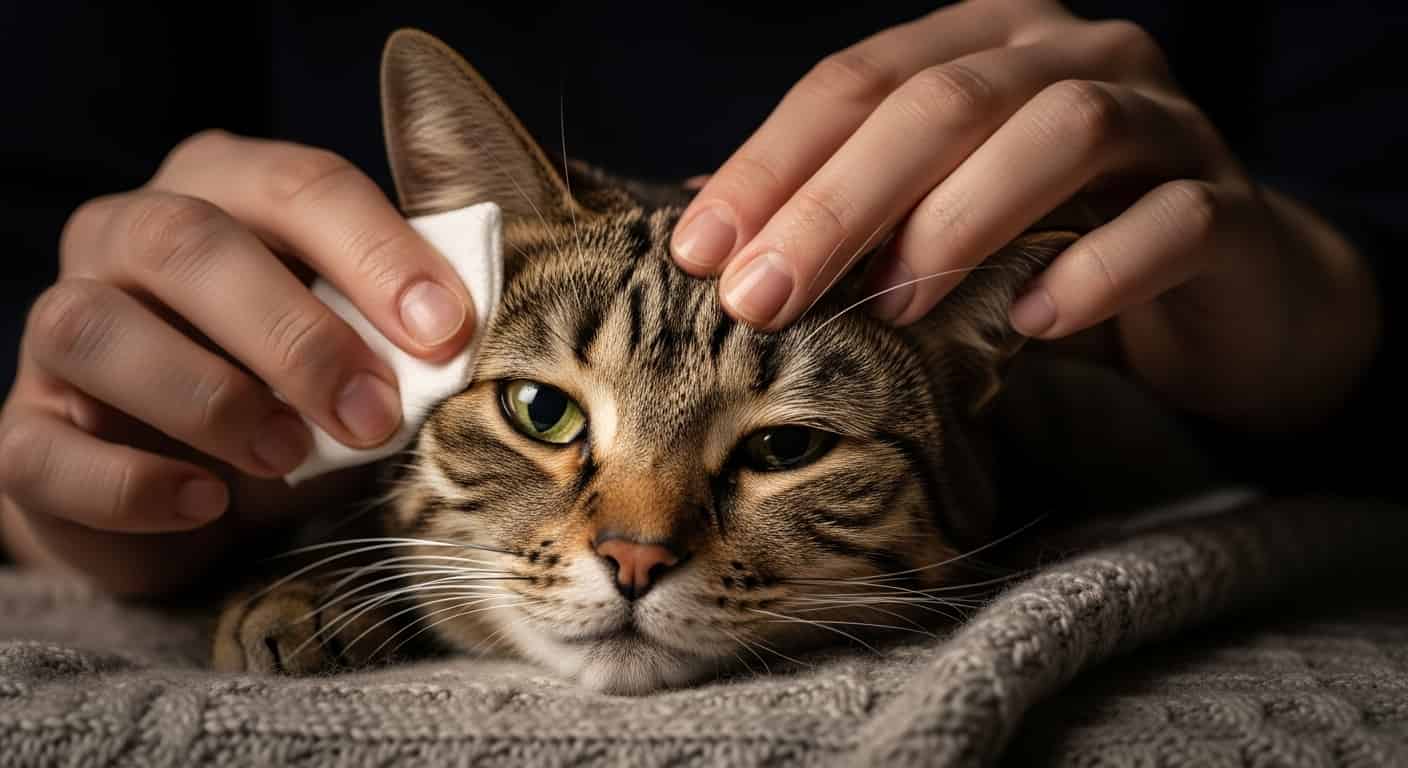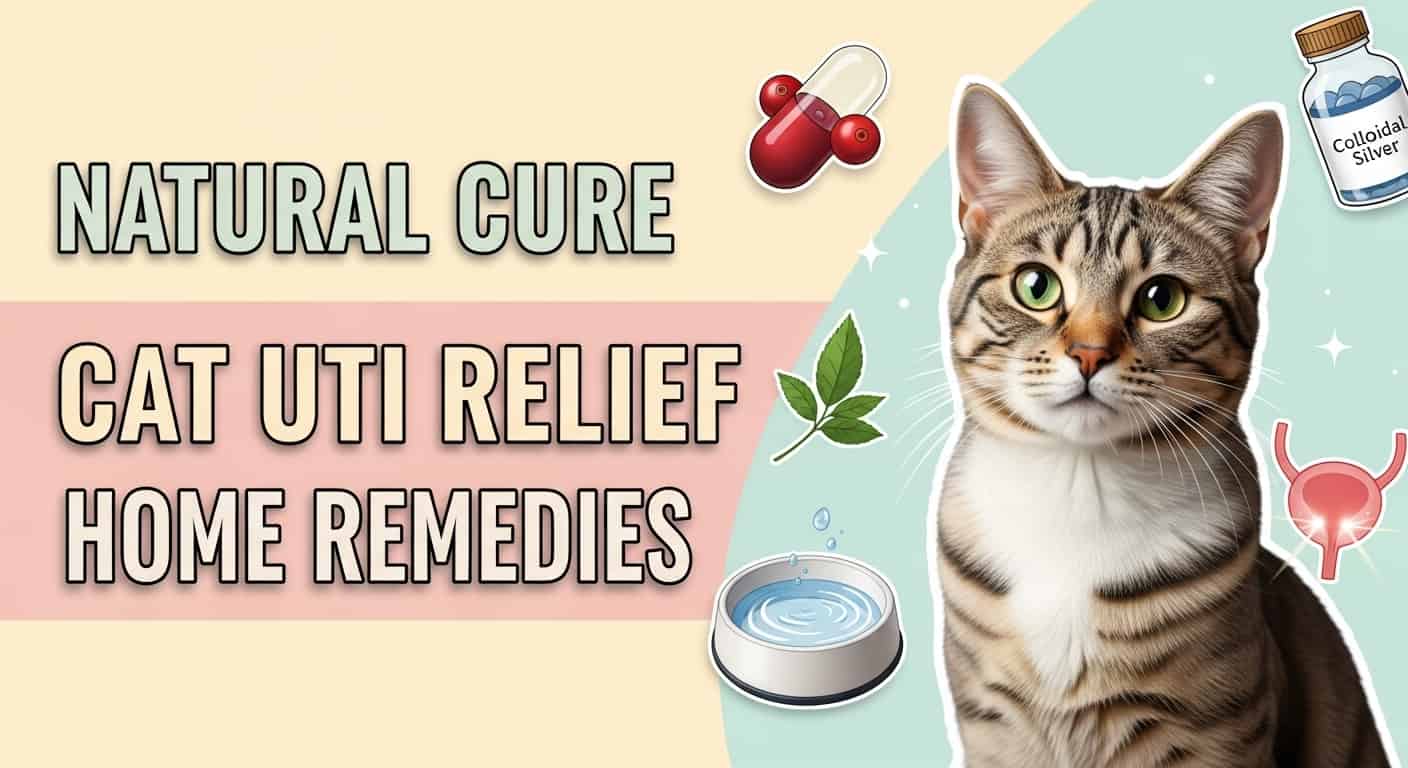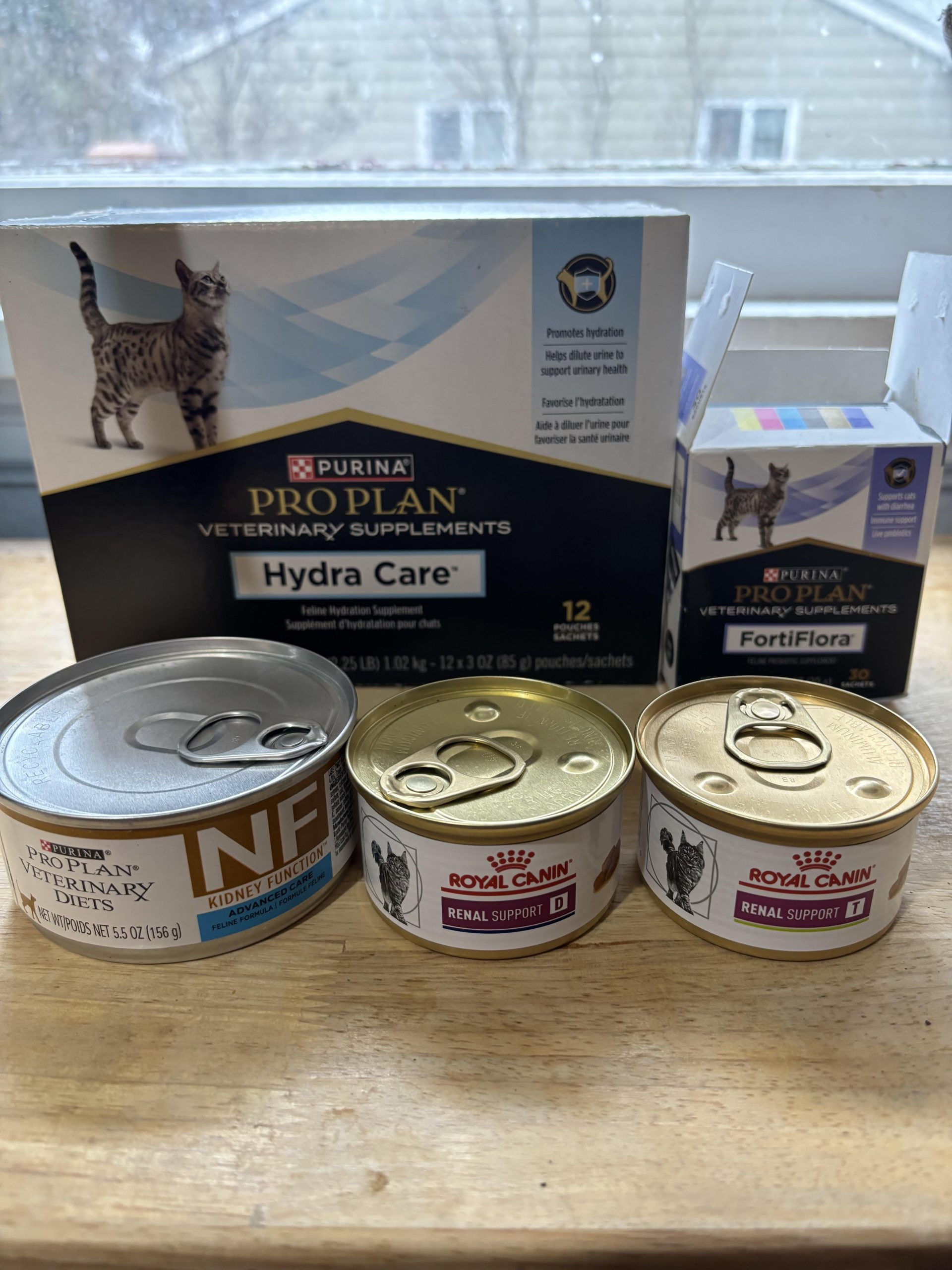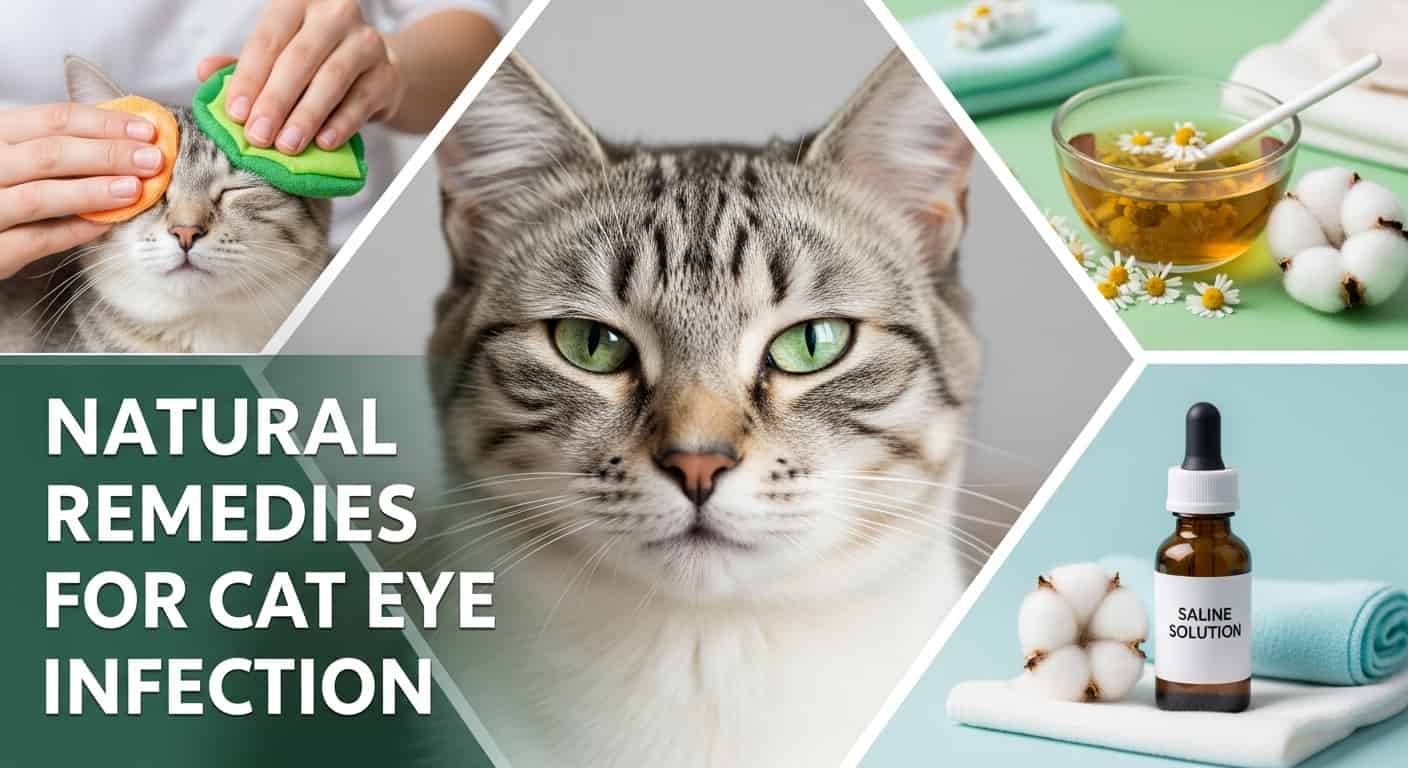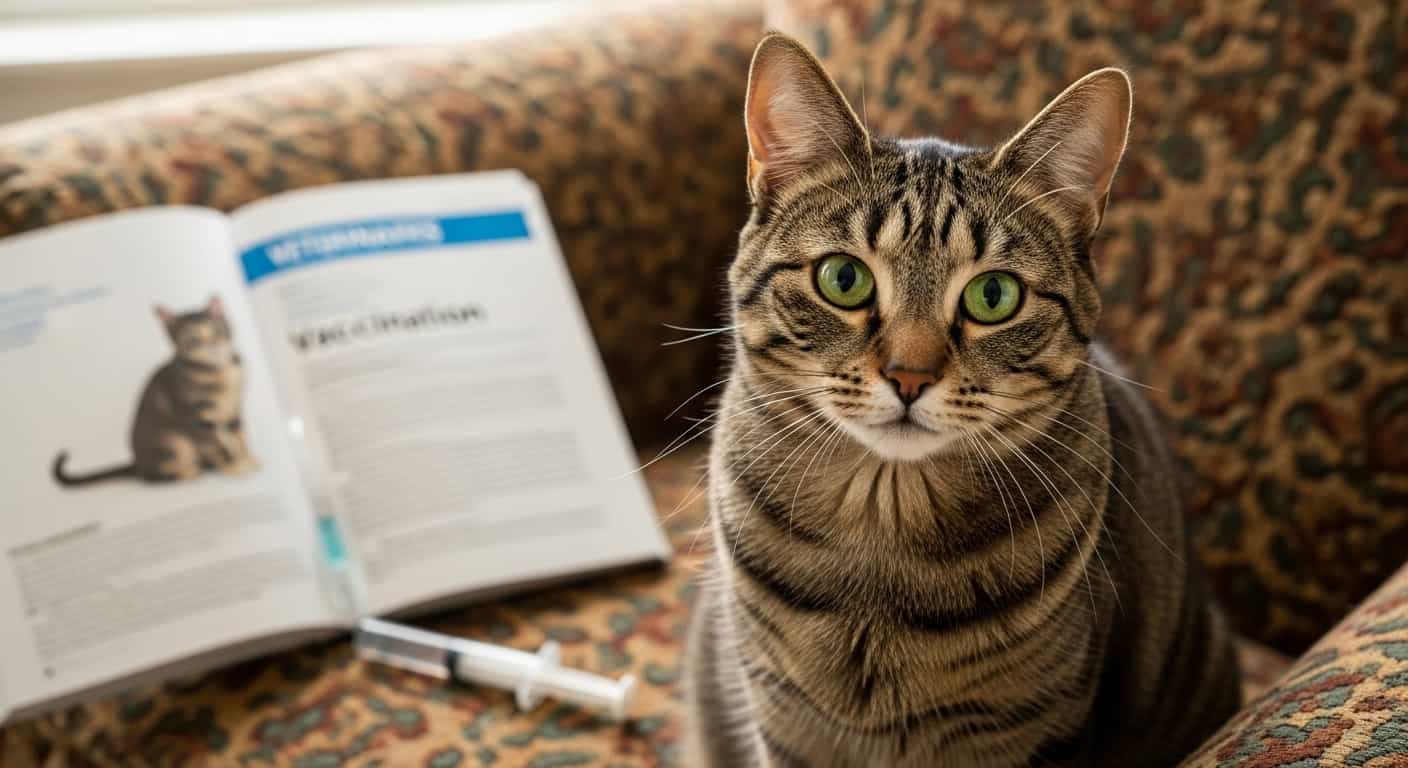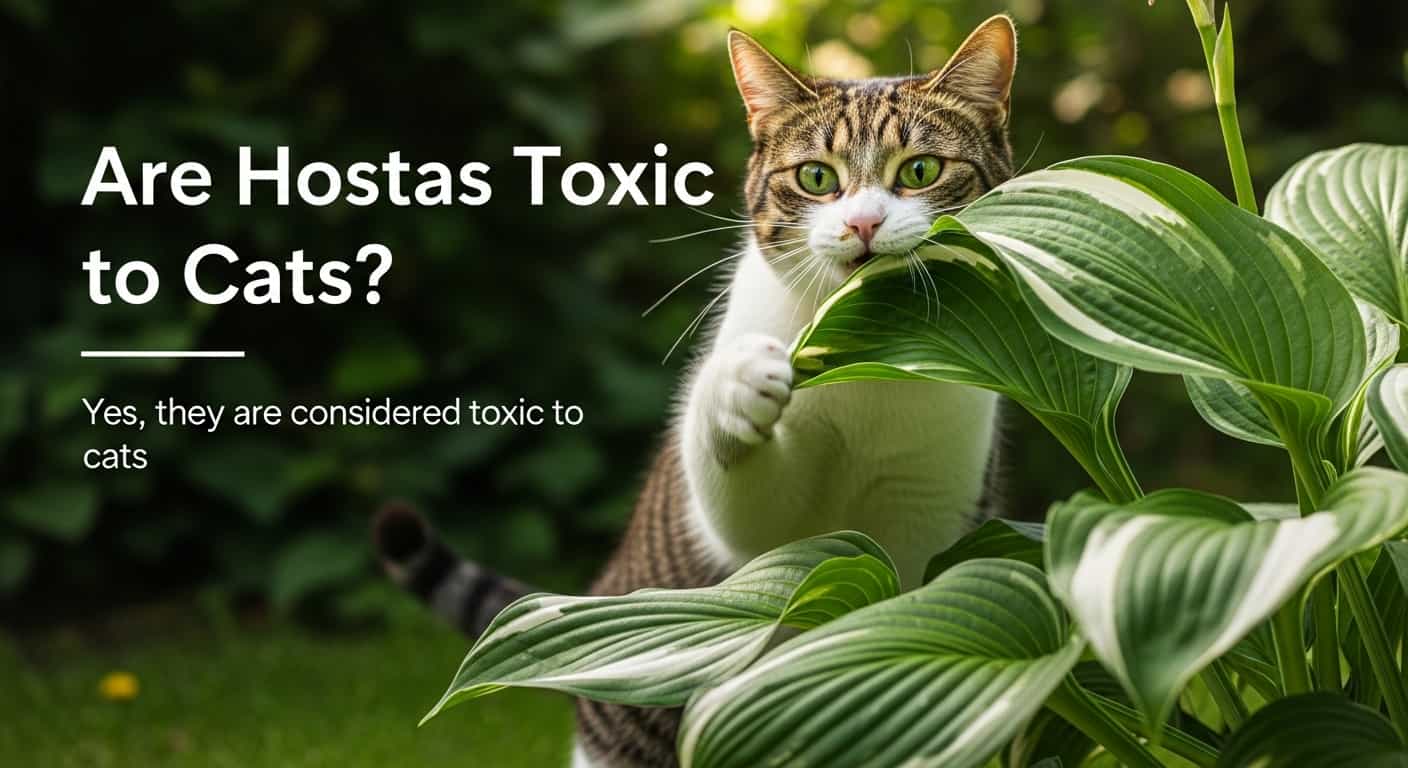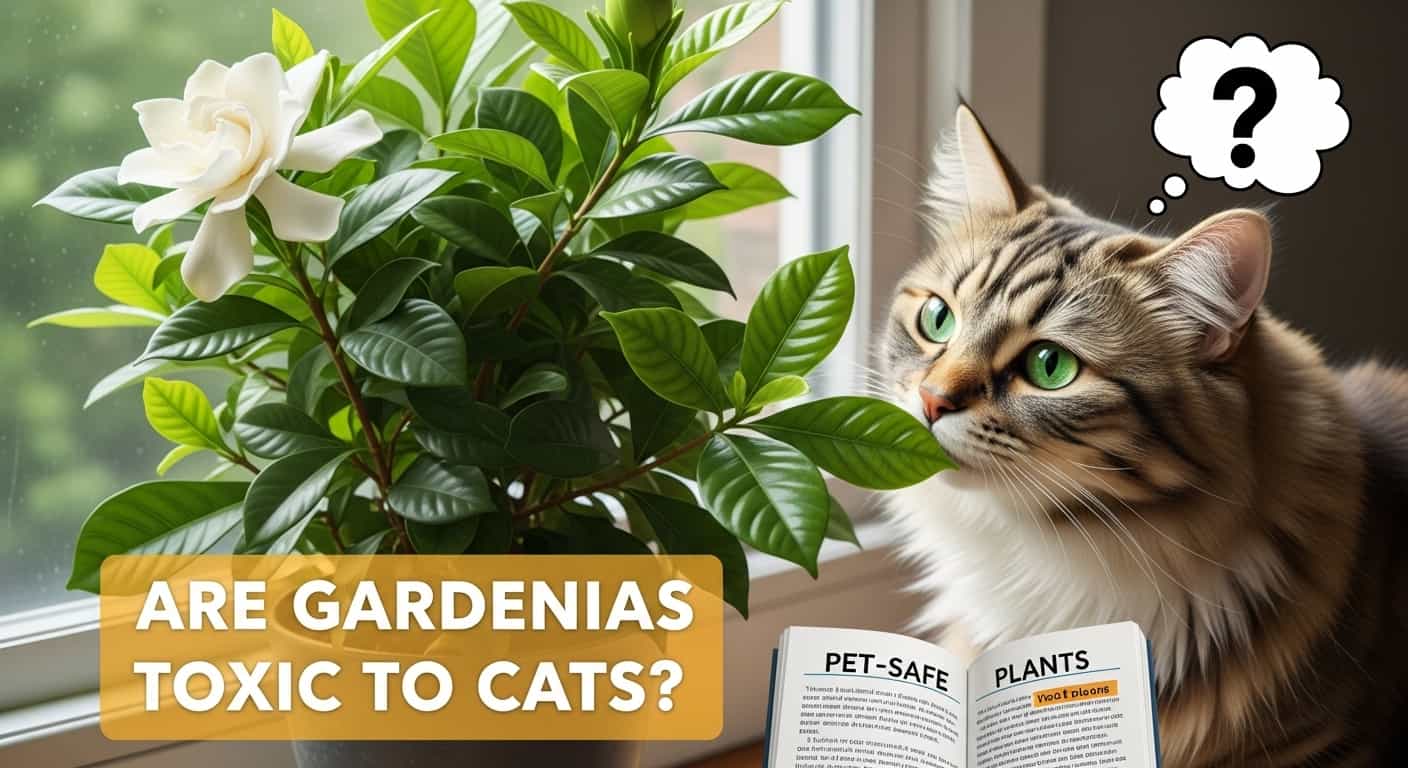As a loving cat owner, you want nothing more than to ensure the safety and well-being of your feline friend. With their curious nature, cats often explore their surroundings and occasionally nibble on plants.
Table of Contents
ToggleYou may have noticed dandelions popping up in your yard or garden and wondered if these bright yellow flowers could pose a threat to your pet. Are dandelions toxic to cats? This question might be lingering in your mind, and understanding the answer could bring peace of mind.
By the end of this article, you’ll have a clear understanding of whether dandelions are harmless or harmful to your furry companion. Keep reading, as this insight might save your cat from potential health issues and help maintain a safe environment for them.
Dandelions And Cats
Cats often explore their surroundings, raising concerns about dandelions. Are these common plants toxic to cats? Fortunately, dandelions are generally safe and non-toxic for feline friends. However, moderation is key, as excessive ingestion might lead to mild digestive issues. Always observe your cat’s behavior around plants.
Dandelions and cats might seem like an odd pair. However, if you’re a cat owner, it’s essential to understand how common plants like dandelions interact with your feline friend. Have you ever found your cat nibbling on a dandelion during a stroll in the garden? You might wonder if this is safe or if you should be concerned. Let’s delve into the relationship between dandelions and cats.Are Dandelions Safe For Cats?
Dandelions are not toxic to cats. They are generally safe if your cat decides to have a little taste. However, moderation is key. Eating too many dandelions might lead to mild digestive issues like stomach upset. Always keep an eye on your cat’s behavior and health after they snack on plants.Potential Benefits Of Dandelions For Cats
Believe it or not, dandelions can offer some benefits. They contain vitamins A, C, K, and some minerals that might be good for your cat’s health. Some pet owners even use dandelion leaves in homemade cat food recipes. But, before you start adding them to your cat’s diet, consult your vet to ensure it suits your cat’s specific needs.Here's a related post that you might find useful. Natural Remedy for Constipation in Cats: Effective & Safe Solutions
Monitoring Your Cat’s Interaction With Dandelions
Keep an eye on how your cat interacts with dandelions. Do they just sniff them, or do they frequently eat them? If your cat is consistently munching on dandelions, consider if they’re lacking something in their diet. It might be a sign to review their nutrition. Always ensure your garden is free of pesticides, as these can be harmful even if the plants themselves are not.Creating A Safe Garden For Your Cat
If your garden is a place your cat loves to explore, make it a safe haven. Identify and remove any harmful plants. You might want to plant cat-friendly herbs like catnip or parsley. This way, your cat can enjoy their outdoor adventures without any risk. Have you thought about what other plants are in your garden? It’s always a good idea to do a quick check for any potentially toxic plants. Understanding the dynamic between dandelions and cats can help you create a safe and enjoyable environment for your furry friend. With a little vigilance, you can ensure that your cat’s garden adventures are both fun and safe.Common Plants Toxic To Cats
If you have a cat, you know how curious they can be. They often explore every nook and cranny of your home, including the plants you keep around. While dandelions are generally safe for cats, many common household plants can be toxic. Knowing which plants pose a risk is crucial for keeping your furry friend safe.
Lilies
Did you know lilies are extremely toxic to cats? Even a small nibble can lead to kidney failure. It’s alarming how something so beautiful can be so dangerous. If you have lilies, consider replacing them with safer options.
Aloe Vera
Aloe Vera is often praised for its healing properties for humans. But for cats, it’s a different story. Eating aloe can cause vomiting and diarrhea. Do you have an aloe plant sitting on your window sill? You might want to rethink its placement.
Here's a related post that you might find useful. Natural Remedies for Overactive Thyroid in Cats: Effective & Safe Solutions
Tulips
Tulips add vibrant color to any garden, but they can be harmful to your feline friends. The bulbs, in particular, contain toxins that can cause drooling, nausea, and even heart problems. Are those tulip bulbs in your garden worth the risk?
Sago Palm
Sago palms are popular for their tropical look, but they are extremely toxic to cats. All parts of the plant can lead to liver failure and death. If you own a sago palm, it might be time to reconsider its place in your home.
These examples show how vital it is to be aware of the plants in your environment. You wouldn’t want your curiosity-driven cat to face health issues because of a decorative choice. What other plants might be lurking around your home that could pose a threat?
Taking proactive steps to ensure your home is safe for your pets can make all the difference. Make a list of the plants you have and check their safety. Your cat’s health could depend on it.
Dandelion Composition
Curious about dandelions and their safety for cats? These bright flowers are generally non-toxic to feline friends. While cats may nibble on dandelions occasionally, they are unlikely to cause harm.
The dandelion, often dismissed as just a weed, possesses a surprisingly complex composition that can pique the curiosity of any pet owner. Understanding what makes up this common plant can help you determine whether it poses any risk to your feline friend. With a closer look at its components, you might find yourself rethinking your backyard cleanup routine.What Are Dandelions Made Of?
Dandelions are rich in vitamins A, C, K, and several B vitamins. These nutrients are essential for many bodily functions in both humans and animals. They also contain minerals like iron, calcium, magnesium, and potassium.Natural Compounds In Dandelions
Dandelions contain a variety of natural compounds, including antioxidants and polyphenols. These compounds can help combat oxidative stress. However, how these compounds affect cats specifically is still a topic of ongoing research.The Role Of Fiber In Dandelions
These plants are also an excellent source of fiber. Fiber aids in digestion and helps maintain a healthy gut. While beneficial for humans, the fiber content in dandelions might not be suitable for every cat.Do Cats Show Interest In Dandelions?
You may have observed your cat nibbling on a dandelion leaf. This behavior could be due to their curiosity or a deficiency in their diet. However, just because they show interest doesn’t mean it’s always safe.Potential Risks Of Dandelions For Cats
While dandelions are not toxic to cats, they may cause mild digestive upset if consumed in large quantities. It’s crucial to monitor your cat’s behavior after exposure. If you notice any unusual symptoms, consulting a vet is always a wise step. Understanding the composition of dandelions might make you reconsider their role in your garden. While they are generally safe for cats, moderation is key. Have you noticed your cat interacting with dandelions? Observing their behavior can offer insights into their health and preferences.
Credit: www.reddit.com
Potential Risks For Cats
Dandelions are often seen as harmless weeds. Yet, they pose certain risks to cats. Understanding these risks is crucial for pet owners. Cats are naturally curious and may nibble on dandelions. While not highly toxic, some parts can cause mild issues.
Potential Allergic Reactions
Some cats may experience allergic reactions. Symptoms include itching, swelling, or sneezing. These reactions vary in severity. It depends on the individual cat’s sensitivity.
Digestive Upset
Eating dandelions can upset a cat’s stomach. This leads to vomiting or diarrhea. Even small amounts can cause these issues. Always monitor your cat’s behavior.
Risk Of Pesticides
Dandelions treated with pesticides are harmful. Chemicals can be toxic to cats. Ensure dandelions are pesticide-free before exposure. Safety first to avoid potential poisoning.
Choking Hazards
Cats may choke on dandelion stems. The texture can be difficult to swallow. Always supervise your cat around these plants. Prevention is key to avoiding accidents.
Symptoms Of Plant Toxicity
Curious about your cat’s safety around dandelions? These common plants are generally safe for cats. Yet, consuming large amounts might cause mild stomach upset. Always monitor your pet for any unusual behavior after eating plants.
Understanding the symptoms of plant toxicity in your feline friend is crucial for their safety. Cats, being naturally curious, often nibble on plants, not knowing the risks involved. Recognizing the signs early can prevent serious health issues and possibly save your pet’s life.Common Symptoms To Watch Out For
You might notice your cat drooling more than usual. This could be a result of irritation in the mouth or throat. Vomiting and diarrhea are also common indicators that something isn’t right. If these symptoms persist, it’s a clear sign that your cat needs immediate attention.Behavioral Changes
Has your normally energetic cat suddenly become lethargic? A sudden change in behavior can be a red flag. Cats may hide more or seem uninterested in their favorite activities. Pay attention to these subtle shifts; they can tell you a lot about your cat’s health.Respiratory Distress
Difficulty breathing is a serious symptom that should never be ignored. If your cat is coughing, wheezing, or showing any signs of respiratory distress, it may be due to plant toxicity. This requires urgent veterinary care to ensure your pet’s safety.Skin Reactions
Have you noticed any unusual rashes or swelling on your cat’s skin? Contact with certain plants can cause allergic reactions. Check for redness, swelling, or itchiness, especially if your cat has been exploring the garden or playing with houseplants.Neurological Signs
Tremors or seizures can be alarming and are a sign of severe toxicity. If your cat exhibits any unusual twitching, stumbling, or uncoordinated movements, seek help immediately. These are symptoms that should not be taken lightly.Personal Insight: A Cautionary Tale
I once had a scare with my own cat, Whiskers, who found an unattended plant tempting. After nibbling on it, she became lethargic and started vomiting. A quick call to the vet confirmed it was a toxic plant reaction. That incident taught me the importance of knowing what’s in my home and garden. Do you know what plants are in your home? Being aware of the symptoms of plant toxicity can make all the difference. Keep a close eye on your furry friend and act fast if you notice anything unusual. Your cat’s health is worth it.
Credit: www.horseandman.com
Safe Practices For Cat Owners
As a cat owner, ensuring the safety and health of your feline friend is a top priority. You might be wondering if dandelions, those cheerful yellow flowers popping up in your garden, are toxic to your cat. While dandelions are not toxic, there are essential practices to keep in mind to ensure your cat’s overall safety.
Ensure A Safe Outdoor Environment
When your cat roams outdoors, they might encounter various plants, including dandelions. It’s crucial to monitor their activities to prevent ingestion of harmful substances. Consider creating a designated play area, free from potentially toxic plants. This ensures that your cat enjoys nature without the risk.
Monitor Plant Consumption
Though dandelions are safe, overconsumption can still lead to digestive issues. Pay attention to your cat’s behavior when they’re outside. If you notice them munching on plants frequently, it might be time for a little intervention. Introduce safe alternatives like cat grass indoors to satisfy their natural curiosity.
Understand Your Cat’s Behavior
Every cat is unique. Some might show interest in exploring plants, while others couldn’t care less. Observe your cat’s habits to gauge their level of curiosity. This insight allows you to tailor your garden or indoor environment to suit their needs and keep them safe.
Check For Pesticides
While dandelions themselves aren’t harmful, the chemicals used to control weeds can be. If your garden is treated with pesticides, it becomes a concern. Ensure any chemicals used are pet-friendly or avoid them altogether. This precaution protects your cat from potential toxic exposure.
Provide Balanced Nutrition
Your cat’s diet plays a significant role in their health. If you notice them eating plants, it might indicate a nutritional deficiency. Consult your vet to ensure your cat’s diet is balanced and meets all their dietary needs. A well-fed cat is less likely to seek out alternative snacks like dandelions.
Have you ever caught your cat nibbling on a dandelion? It’s a common sight, but knowing they’re safe is a relief. How do you ensure your garden is safe for your furry friend? Share your tips and tricks with fellow cat owners!
Alternatives To Dandelions
While dandelions might be a common sight in gardens and parks, they may pose a risk to your feline friend. If you’re concerned about their potential toxicity, consider exploring alternatives that can keep your cat safe and your home looking vibrant. These options not only add beauty but also peace of mind. Let’s dive into some safe plants you might not have considered yet.
1.Cat Grass
Cat grass is a fantastic alternative to dandelions. It’s specially grown for cats and can be found at most pet stores. It’s safe and provides a delightful treat for your feline. Plus, watching your cat munch on it can be quite entertaining.
2.Spider Plant
Spider plants are not only easy to care for but also non-toxic to cats. They add a touch of green to your home and can thrive in various light conditions. Have you ever noticed how cats are drawn to these plants? It’s like they instinctively know they’re safe.
3.Bamboo Palm
Bamboo palms are another safe choice. They add an exotic feel to any room and are excellent air purifiers. If your cat is prone to nibbling on plants, this could be a perfect fit. Imagine creating a tropical vibe while ensuring your cat’s safety!
4.Herbs
Consider growing herbs like basil or thyme. These are safe for cats and can be used in your cooking. If you’re a fan of fresh flavors, this dual-purpose plant could be ideal. Plus, how satisfying is it to grow your own herbs?
Choosing the right plants can be a fun and rewarding experience. You can make your home a safe haven for your cat while enjoying the beauty and benefits these alternatives bring. So, which of these plants will you be adding to your home next? Your cat will thank you for it!
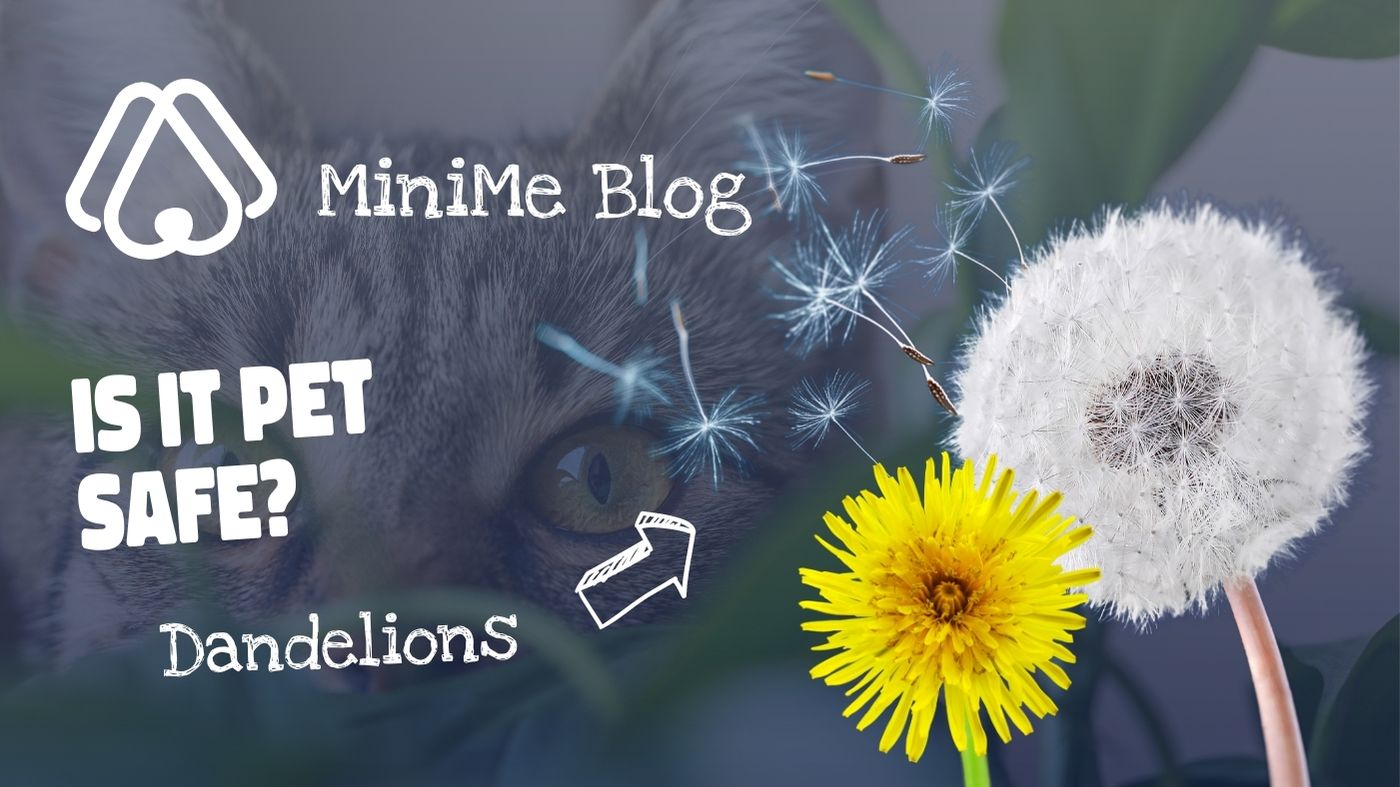
Credit: minimepet.com
Consulting A Veterinarian
Consulting a veterinarian is crucial when determining if dandelions are toxic to cats. These experts provide clear guidance to ensure your pet’s safety. Always seek their advice to protect your furry friend’s health.
When you notice your cat munching on something unusual like a dandelion, your immediate concern might be, “Is this safe for my pet?” Consulting a veterinarian offers peace of mind when your furry friend’s health is at stake. Veterinarians provide expert advice on the safety of various plants and help you understand any risks associated with them.Why Consult A Veterinarian?
A veterinarian possesses the expertise to assess whether dandelions pose any danger to your cat. They can distinguish between harmless curiosity and potential health hazards. If your cat shows unusual behavior or symptoms after eating dandelions, a vet’s insight is invaluable.Steps To Take Before Your Vet Visit
Before visiting, gather information about your cat’s recent activities. Note how much dandelion your cat has consumed, if possible. Observing your cat’s behavior can provide critical clues to your vet.What To Expect During The Consultation
During the visit, a vet will likely ask questions about your cat’s diet and recent behavior. They might perform a physical exam to check for any signs of distress or illness. Sometimes, they may suggest tests to rule out any potential toxicity.Questions To Ask Your Veterinarian
Prepare a list of questions to maximize your visit. Ask about the symptoms to watch for if your cat eats something questionable again. Inquire about safe plants your cat can nibble on without risk.The Value Of Professional Guidance
Veterinary advice is crucial in ensuring your cat’s health and well-being. They can provide tailored advice based on your cat’s medical history. Such guidance helps prevent future worries about what your cat might encounter.Personal Insights: A Lesson Learned
Years ago, my own cat curiously nibbled on a plant, causing me to rush to the vet in panic. The vet assured me of the plant’s safety, but emphasized how regular consultations can prevent unnecessary stress. This experience taught me the importance of seeking professional help when in doubt.Taking Action: Your Cat’s Health Matters
When was the last time you reviewed what plants are safe for your cat? Regularly updating your knowledge can save you from future worries. Consider scheduling a routine vet visit to discuss any concerns about your pet’s environment. Engaging with your veterinarian about your cat’s health not only provides peace of mind but also strengthens the bond you share with your pet. Are you prepared to consult your vet if your cat encounters something unusual?Frequently Asked Questions
Are Dandelions Harmful To Cats?
Dandelions are generally safe for cats. They’re not toxic and can be eaten in small amounts. However, excessive consumption might lead to digestive issues. Always monitor your cat’s behavior after exposure to any plant. If you notice unusual symptoms, consult your veterinarian immediately.
Can Cats Eat Dandelions Safely?
Cats can nibble on dandelions without harm. They’re not toxic and won’t cause serious health issues. However, overindulgence might lead to mild digestive upset. It’s important to ensure your cat doesn’t eat them excessively. Always keep an eye on your pet’s reactions to new plants.
Why Do Cats Eat Dandelions?
Cats might eat dandelions out of curiosity or boredom. Some find the texture and taste appealing. Dandelions are not harmful but consuming too much can cause digestive discomfort. Always provide a balanced diet to discourage excessive plant eating and monitor your cat’s plant interactions.
What Symptoms Indicate Dandelion Toxicity?
While dandelions are non-toxic, excessive consumption might cause symptoms like vomiting or diarrhea. These symptoms are usually mild and temporary. If your cat shows persistent symptoms or unusual behavior, seek veterinary advice promptly. Always ensure your pet has access to safe and suitable food.
Conclusion
Dandelions are generally safe for cats. They are non-toxic and edible. Cats might nibble on them without harm. Always watch your cat’s eating habits. Ensure they don’t eat too many. Moderation is key. Some cats have sensitive stomachs. They may react differently.
Consult your vet if you’re unsure. A little caution goes a long way. Your cat’s health is important. Keep them away from treated lawns. Pesticides can be harmful. Enjoy your garden safely. Both you and your furry friend can relax.
Appreciate nature together. Stay informed and keep your pet happy.

